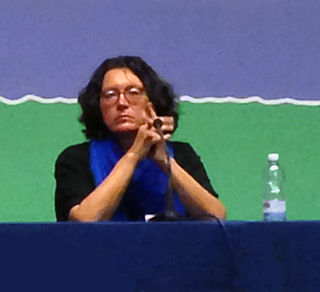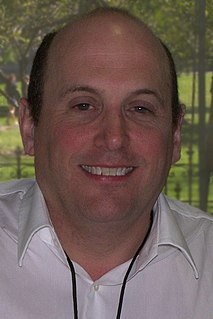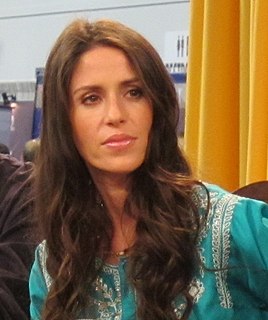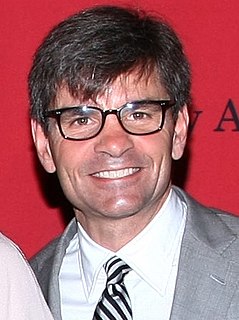A Quote by Amira Hass
I think these questions about what will happen are questions for activists and about the agency of people in the course of events. This is not a question for a journalist, but for activists.
Related Quotes
The great philosophers of the 17th and 18th centuries did not think that epistemological questions floated free of questions about how the mind works. Those philosophers took a stand on all sorts of questions which nowadays we would classify as questions of psychology, and their views about psychological questions shaped their views about epistemology, as well they should have.
The cool thing about Watchmen is it has this really complicated question that it asks, which is: who polices the police or who governs the government? Who does God pray to? Those are pretty deep questions but also pretty fun questions. Kind of exciting. It tries to subvert the superhero genre by giving you these big questions, moral questions. Why do you think you're on a fun ride? Suddenly you're like how am I supposed to feel about that?
If you look at the well-informed Democratic Sanders activists - I don't know if you were in Philadelphia, but there was no secret about their enthusiasm for our campaign. But once you got more remote from the super activists in the Bernie [Sanders] camp, they don't know so much about our campaign. And the question is whether they are going to have a chance to be informed.
Many activists just see what's wrong: they want to stand up to injustice and educate people about it. But I think it's equally important for activists to hold a more positive vision of what's right with their country: what's going well, and what they'd like to grow or see more of. I also like to encourage activists to take some time each day to sit silently or take a walk in nature as a way to be in touch with their inner wisdom and peace - and to remember why they are on this path in the first place.
If you don't understand, ask questions. If you're uncomfortable about asking questions, say you are uncomfortable about asking questions and then ask anyway. It's easy to tell when a question is coming from a good place. Then listen some more. Sometimes people just want to feel heard. Here's to possibilities of friendship and connection and understanding.
have a much harder time writing stories than novels. I need the expansiveness of a novel and the propulsive energy it provides. When I think about scene - and when I teach scene writing - I'm thinking about questions. What questions are raised by a scene? What questions are answered? What questions persist from scene to scene to scene?
If you don't put the spiritual and religious dimension into our political conversation, you won't be asking the really big and important question. If you don't bring in values and religion, you'll be asking superficial questions. What is life all about? What is our relationship to God? These are the important questions. What is our obligation to one another and community? If we don't ask those questions, the residual questions that we're asking aren't as interesting.

































